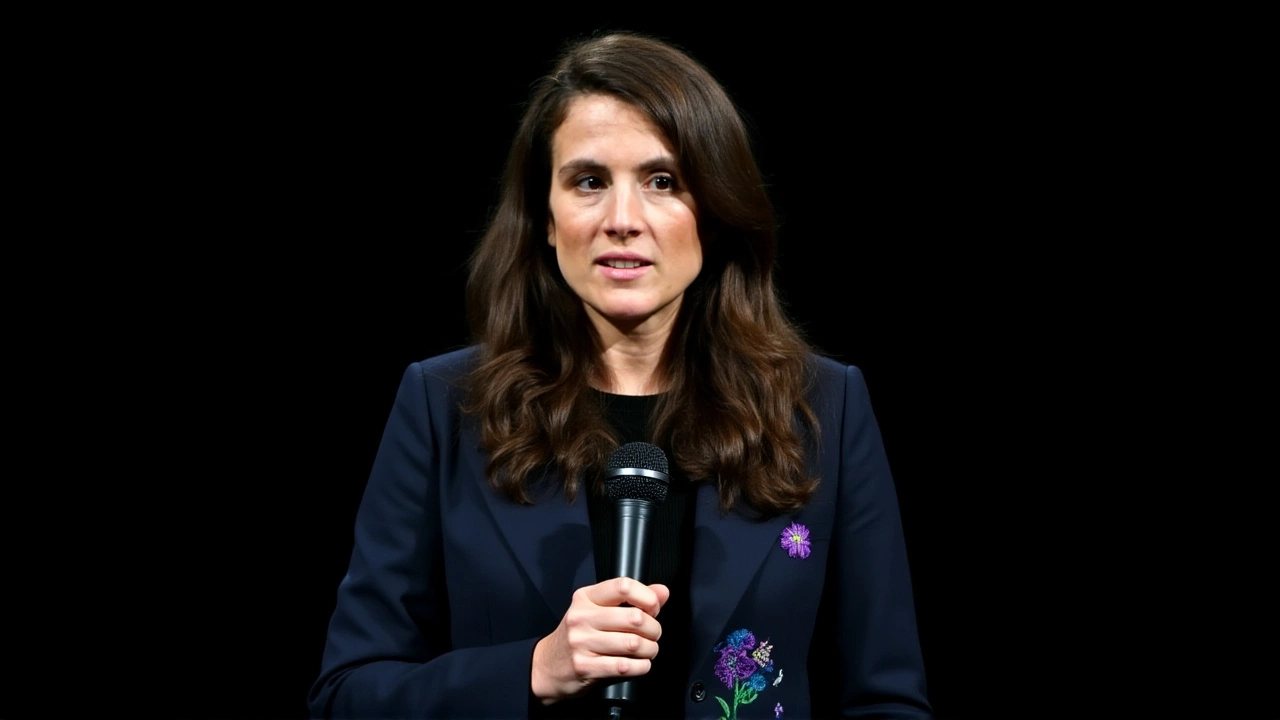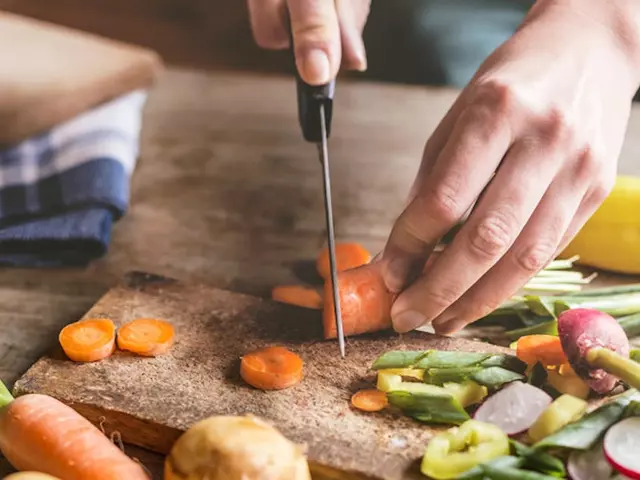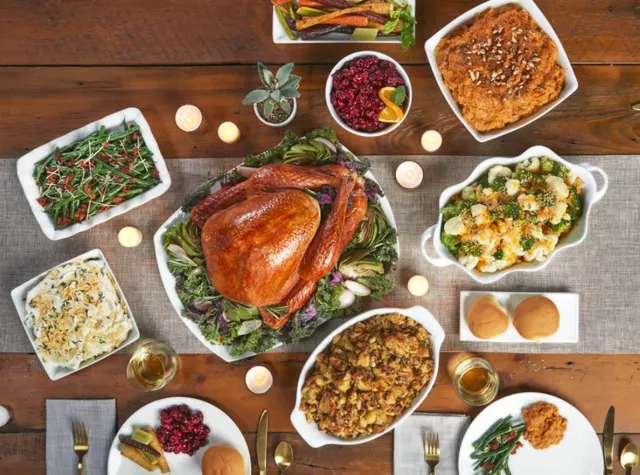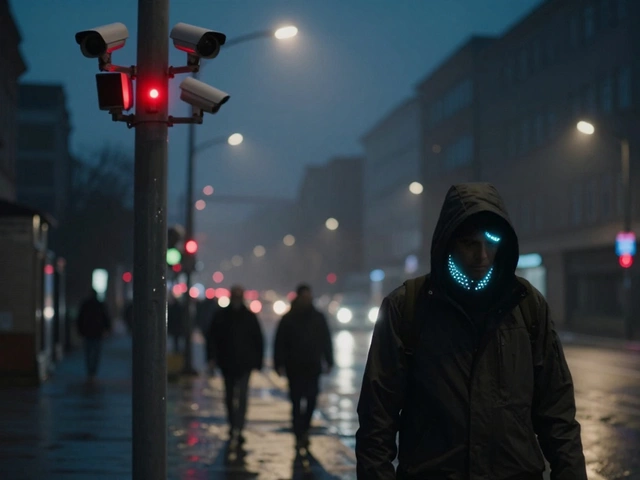When Tatiana Isabelle Schlossberg sat down to write about her life, she didn’t plan to write an obituary. But on November 23, 2025—the exact 62nd anniversary of President John F. Kennedy’s assassination in Dallas—the environmental journalist and granddaughter of the late president revealed she was dying. In a raw, haunting essay published in The New Yorker at 3:09 PM UTC, Schlossberg shared that her battle with acute myeloid leukemia (AML), a rare and aggressive blood cancer with the genetic mutation inv(3), has reached its final chapter. Her oncologists at Memorial Sloan Kettering Cancer Center in New York City now estimate she has about a year left. "I could keep you alive for a year, maybe," her doctor told her. "The first thing I thought was: my children, whose faces live permanently behind my eyelids, won’t remember me."
Diagnosis After Birth, Not Illness
It wasn’t fatigue or pain that led to her diagnosis. It was a routine blood test after the birth of her second child in May 2024. Schlossberg had just finished swimming a mile—nine months pregnant—when doctors noticed abnormally high white blood cell counts. What followed was a cascade of tests, hospital transfers, and the crushing confirmation: AML. "I couldn’t believe they were talking about me," she wrote. "I wasn’t sick. I didn’t feel bad. I was one of the healthiest people I knew."
Her treatment began with 50 days of intensive chemotherapy, followed by her first bone marrow transplant using cells from her sister, Rose Schlossberg. For a while, it worked. Remission. Hope. But by early 2025, the cancer returned. That’s when she enrolled in a clinical trial for CAR-T cell therapy—a cutting-edge immunotherapy that reprograms a patient’s own immune cells to hunt down cancer. She underwent a second transplant, this time using cells from an unrelated donor. It wasn’t enough.
A Family of Tragedies
The Schlossberg-Kennedy family has long carried grief in its DNA. Tatiana’s grandfather, President John F. Kennedy, was assassinated on November 22, 1963, in Dallas. Her uncle, Senator Robert F. Kennedy, was killed in Los Angeles on June 6, 1968. Her grandmother, Jacqueline Kennedy Onassis, died of non-Hodgkin lymphoma in 1994. Her aunt Kathleen Kennedy Townsend survived breast cancer. Her cousin Rory Kennedy beat ovarian cancer in 2010.
Now, Tatiana has joined this list—not from violence, but from biology. She notes the chilling symmetry: diagnosed 18 months after childbirth, published on the anniversary of her grandfather’s death. "It feels like history is repeating," she writes, "but without the cameras, without the crowds. Just silence. And my children sleeping down the hall."
The Perfect Patient
For months, Schlossberg prided herself on being "the perfect patient." She followed every protocol. Took every pill. Showed up on time. Believed compliance was the key. But cancer doesn’t care about discipline. It doesn’t reward obedience. Her body endured infections that nearly landed her in intensive care. She had to relearn how to walk. Her hands shook for months after chemotherapy. Her hair fell out. Then grew back. Then fell out again.
Through it all, her parents—Caroline Bouvier Kennedy, former U.S. Ambassador to Australia and Japan, and Edwin Schlossberg, the industrial designer behind the Kennedy Center’s interactive exhibits—never left her side. They cared for her two young children, now ages 2 and 4, at their home on 151 East 78th Street in Manhattan. Her husband, Alexander Sturdza, descended from Romanian nobility, was there too. Her brother Jack Schlossberg and uncle Robert F. Kennedy Jr. visited daily. The family became her anchor, even as her body unraveled.
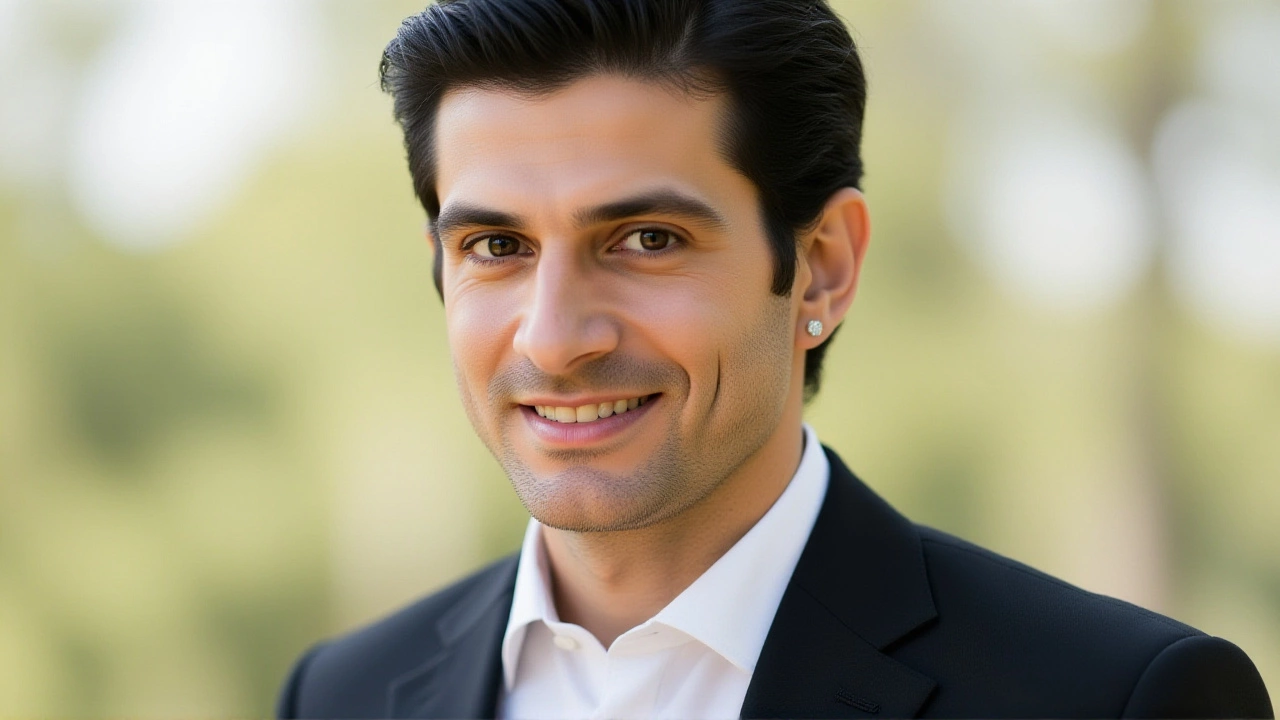
The Science That Couldn’t Save Her
Her oncology team at Memorial Sloan Kettering—home to 53,000 employees globally—has "traveled every inch of the earth seeking additional treatments," she writes. They tried everything: targeted drugs, experimental combinations, even a gene-editing trial in Boston that required a 14-hour flight. Nothing worked against her inv(3) mutation, which is found in fewer than 5% of AML patients and is notoriously resistant to standard therapies. The median survival for patients with this mutation is under six months without transplant. She’s already surpassed that. But the relapse was inevitable.
"There are no more options," her doctor told her. "We’ve exhausted the known pathways."
What Comes Next
She’s not planning a funeral. She’s planning a life. For her kids. She’s recording voice messages. Writing letters for each birthday. Choosing books she wants them to read when they’re older. She’s still writing—just not for The New York Times anymore. Now, it’s for them.
Her 2019 book, Inconspicuous Consumption: The Environmental Impact You Don’t Know You Have, is being reissued with a new afterword she’s writing by hand. It’s about legacy—not fame, not bloodlines, but the quiet, stubborn act of leaving something behind. "You don’t have to be famous to matter," she says. "You just have to be loved."
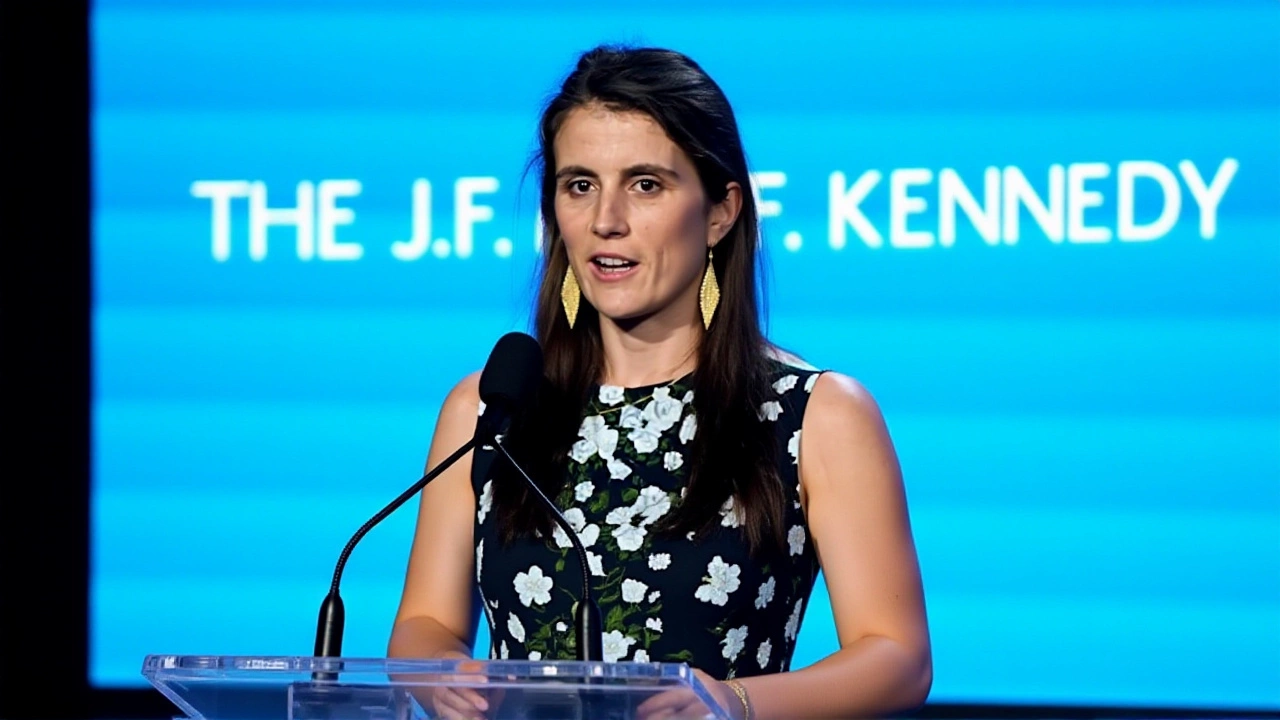
Why This Matters
Tatiana’s story isn’t just about a famous family. It’s about how cancer doesn’t discriminate by pedigree. It doesn’t spare the strong, the disciplined, the young. It doesn’t care if you’re the daughter of a diplomat or the granddaughter of a president. It only cares if your cells have turned against you.
Her essay has already sparked a surge in donations to pediatric AML research at Memorial Sloan Kettering. The Memorial Sloan Kettering Cancer Center reports a 300% increase in inquiries about inv(3) AML since the essay went live. Advocacy groups are calling for more funding for rare mutation research—a cause she quietly championed even while undergoing treatment.
Frequently Asked Questions
What is inv(3) AML, and why is it so hard to treat?
Inv(3) AML is a rare genetic subtype of acute myeloid leukemia where chromosome 3 is inverted, disrupting key blood cell regulators. It occurs in fewer than 5% of AML cases and is resistant to standard chemotherapy and even many transplant protocols. Patients often relapse quickly, and survival rates are among the lowest of all AML variants—median survival without experimental treatment is under six months.
How did Tatiana Schlossberg’s family support her during treatment?
Her parents, Caroline Kennedy and Edwin Schlossberg, took full-time custody of her two young children, living nearby at their Manhattan home. Her husband, Alexander Sturdza, her siblings, and her uncle Robert F. Kennedy Jr. visited daily at Memorial Sloan Kettering. The family coordinated meals, transportation, and emotional care, creating a 24/7 support system that allowed her to focus on treatment without worrying about her kids’ daily needs.
Why was the timing of her essay’s publication significant?
She published her essay on November 23, 2025—the 62nd anniversary of President John F. Kennedy’s assassination. She was diagnosed on May 25, 2024, exactly 18 months after giving birth. The timing mirrors the Kennedy family’s pattern of tragedy: violence, illness, and loss unfolding in cycles. For her, it wasn’t coincidence—it was a quiet reckoning with inherited grief.
What impact has her essay had on cancer research?
Since its publication, Memorial Sloan Kettering has seen a 300% increase in inquiries about inv(3) AML, and donations to rare mutation research have surged. Advocacy groups like the Leukemia & Lymphoma Society are now pushing Congress to fund targeted studies for ultra-rare AML subtypes, citing Schlossberg’s story as a catalyst. Her voice has turned a private battle into a public call for action.
Is there any hope for future treatments for inv(3) AML?
While no approved therapies currently exist for inv(3) AML, researchers at institutions like Memorial Sloan Kettering and the Broad Institute are testing CRISPR-based gene corrections and novel CAR-T designs. Early-phase trials are underway, but they’re years away from broad availability. Schlossberg’s case has accelerated funding and attention—giving others a fighting chance she didn’t get.
How is Tatiana spending her remaining time?
She’s recording voice letters for her children’s birthdays, choosing books for them to read as they grow, and writing a new afterword for her book. She’s taking walks in Central Park with her husband, watching her kids play, and refusing to let fear dictate her days. "I’m not dying," she says. "I’m living—just with a countdown."
